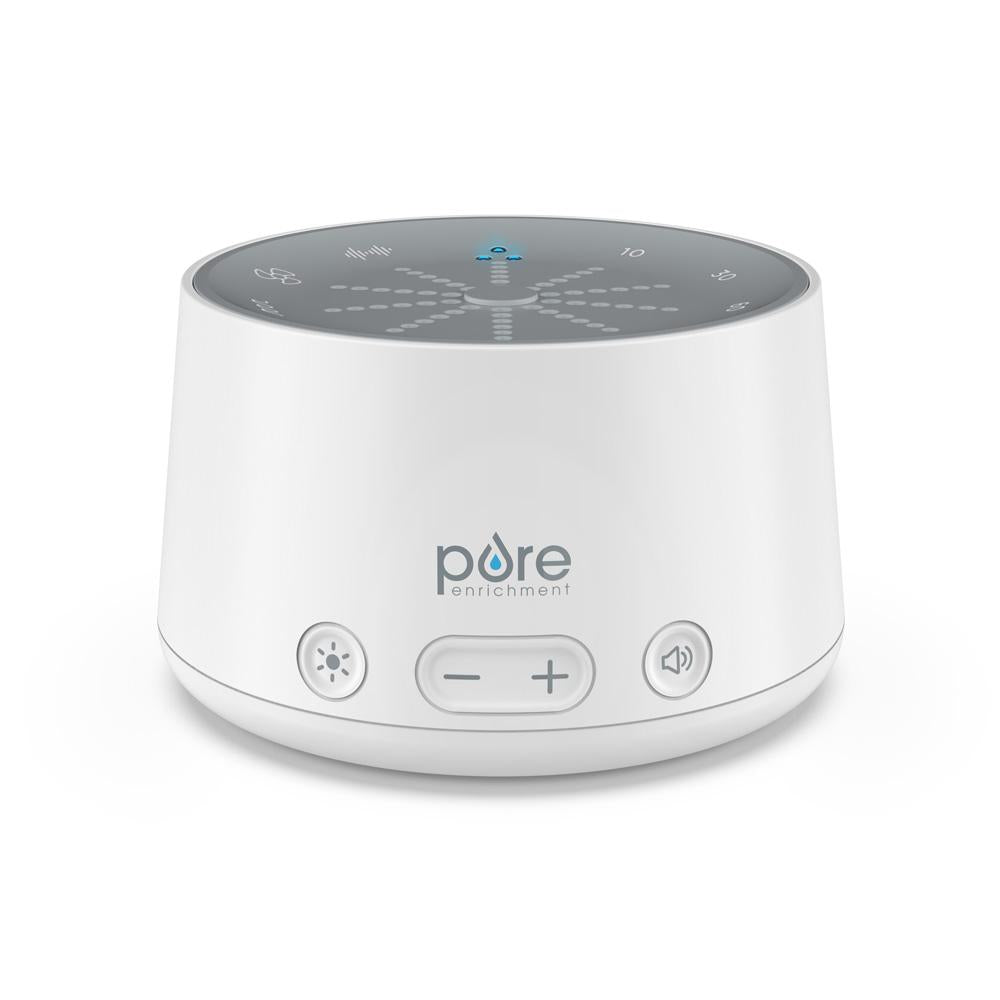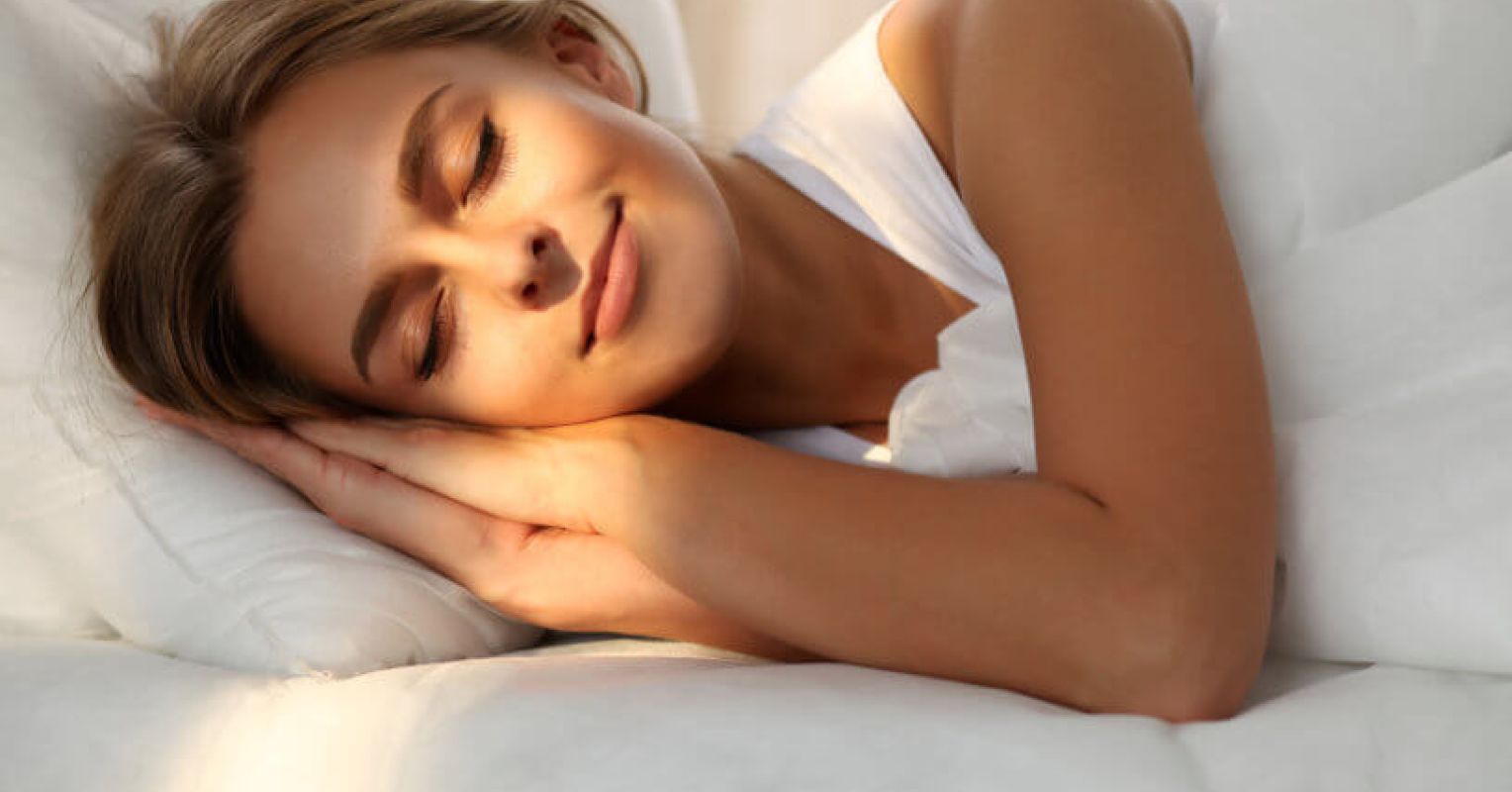Cognitive Behavioral Therapy for Insomnia (CBT-I) - Proven Techniques
Cognitive Behavioral Therapy for Insomnia (CBT-I) - Proven Techniques
Blog Article
Efficient Therapy Solutions for Managing Rest Disorders and Enhancing Relaxed Sleep
In the realm of health care, the management of rest disorders and the mission for relaxed sleep are crucial parts of overall health. As we navigate the complex landscape of rest problems and seek to boost our rest experience, a much deeper understanding of these treatment services may hold the key to unlocking a much more refreshing and meeting corrective trip.
Cognitive Behavior Modification for Sleeplessness (CBT-I)
Cognitive Behavior Modification for Sleep Problems (CBT-I) is a structured, evidence-based treatment approach that focuses on attending to the hidden factors contributing to rest disruptions. This kind of treatment intends to customize actions and thoughts that aggravate insomnia, ultimately promoting healthy sleep patterns. CBT-I generally involves several key parts, including cognitive therapy, sleep constraint, stimulation control, and sleep health education and learning.
Cognitive treatment aids people identify and alter unfavorable idea patterns and beliefs about sleep that might be impeding their capability to fall or stay asleep. Rest limitation entails limiting the quantity of time spent in bed to match the individual's actual rest duration, thereby enhancing sleep efficiency (insomnia counseling). Stimulus control strategies aid establish a solid association in between the bed and sleep by urging people to go to bed just when sleepy and to stay clear of taking part in promoting tasks in bed
Moreover, sleep hygiene education and learning focuses on creating healthy rest practices, such as keeping a constant rest routine, developing a relaxing bedtime regimen, and maximizing the sleep setting. By attending to these factors comprehensively, CBT-I supplies an effective non-pharmacological treatment for handling sleeplessness and improving general sleep top quality.
Rest Health Practices
Having developed the structure of cognitive restructuring and behavior alterations in attending to sleep problems with Cognitive Behavioral Treatment for Sleep Problems (CBT-I), the focus now shifts towards exploring crucial Sleep Hygiene Practices for maintaining ideal sleep quality and total wellness.
Rest health methods include a variety of habits and environmental elements that can substantially influence one's capacity to drop off to sleep and stay asleep throughout the evening. Regular rest and wake times, creating a relaxing going to bed routine, and enhancing the rest atmosphere by keeping it dark, silent, and cool are important elements of great sleep health. Limiting direct exposure to displays prior to going to bed, staying clear of energizers like high levels of caffeine near going to bed, and participating in normal physical task throughout the day can likewise advertise far better rest high quality.
In addition, exercising relaxation techniques such as deep breathing workouts or meditation prior to bed can assist relax the mind and prepare the body for sleep. By integrating these rest health methods right into one's day-to-day regimen, individuals can develop a healthy and balanced rest pattern that sustains restful rest and overall well-being.
Leisure Methods and Mindfulness
Implementing relaxation methods and mindfulness techniques can play a crucial function in promoting a feeling of tranquility and find more info promoting top quality sleep. Additionally, directed images can help move individuals to a relaxed place in their minds, helping in stress decrease and boosting rest top quality.
Mindfulness methods, such as reflection and yoga, are also effective in advertising leisure and boosting rest. Mindfulness urges individuals to remain existing in the minute, allowing go of stress over the past or future. By integrating these methods into a going to bed routine, individuals can indicate to their bodies that it is time to loosen up and prepare for sleep. On the whole, incorporating relaxation strategies and mindfulness methods can dramatically contribute to handling rest conditions and boosting overall rest high quality.

Medication Options for Rest Disorders
After checking out relaxation techniques and mindfulness techniques as non-pharmacological interventions for enhancing sleep quality, it is vital to think about medication choices for individuals with sleep disorders. In situations where lifestyle modifications and treatment do not offer enough alleviation, medication can be an important device in handling sleep disturbances.
Generally suggested drugs for sleep disorders consist of benzodiazepines, non-benzodiazepine hypnotics, antidepressants, and melatonin receptor agonists. Benzodiazepines, such as diazepam, are sedatives that can assist generate rest, yet they are usually suggested for short-term use as a result of the threat of reliance. Non-benzodiazepine hypnotics like zolpidem are additionally used to deal with sleeping disorders and have a lower threat of dependancy compared to benzodiazepines. Antidepressants, such as trazodone, can be helpful for people with co-occurring clinical depression and sleep disturbances. excessive daytime sleepiness natural treatment Melatonin receptor agonists, like ramelteon, target the body's natural sleep-wake cycle and can be handy for regulating rest patterns.
It is critical for individuals to speak with a doctor to determine one of the most ideal medication choice based on their particular rest disorder and medical background.
Light Treatment for Body Clock Guideline
Light treatment, likewise called phototherapy, is a non-invasive therapy method made use of to manage circadian rhythms and improve sleep-wake cycles. This therapy involves direct exposure to brilliant light that resembles natural sunshine, which assists to reset the body's internal clock. By exposing people to particular wavelengths of light, normally in the early morning or evening depending on the preferred effect, light treatment can properly readjust the body clock to advertise wakefulness throughout the day and enhance peaceful sleep in the evening.
Research has actually revealed that light therapy can be particularly helpful for individuals with circadian rhythm conditions, such as postponed rest stage syndrome or jet lag. It can also be handy for those experiencing seasonal depression (SAD), a kind of clinical depression that typically happens throughout the cold weather when all-natural light direct exposure is lowered. Light treatment is usually well-tolerated and can be utilized together with various other therapy methods for rest disorders to maximize end results and improve total rest high quality.
Final Thought
In conclusion, effective therapy solutions for handling rest problems and improving peaceful sleep consist of Cognitive Behavior modification for Sleep Problems (CBT-I), rest hygiene techniques, relaxation methods and mindfulness, drug alternatives, and light therapy for body clock law. These techniques can help individuals boost their sleep quality and overall health. It is vital to talk to a doctor to figure out one of the most suitable approach useful link for addressing rest concerns.
As we browse the elaborate landscape of rest conditions and look for to enhance our sleep experience, a much deeper understanding of these treatment remedies may hold the secret to opening an extra relaxing and satisfying restorative journey.
Rest constraint includes restricting the amount of time invested in bed to match the individual's real sleep period, therefore enhancing rest efficiency. Regular sleep and wake times, creating a relaxing bedtime regimen, and maximizing the sleep setting by keeping it dark, quiet, and cool are essential parts of good rest hygiene. Light treatment is generally well-tolerated and can be utilized in combination with other treatment techniques for rest conditions to maximize end results and improve general rest top quality.

Report this page